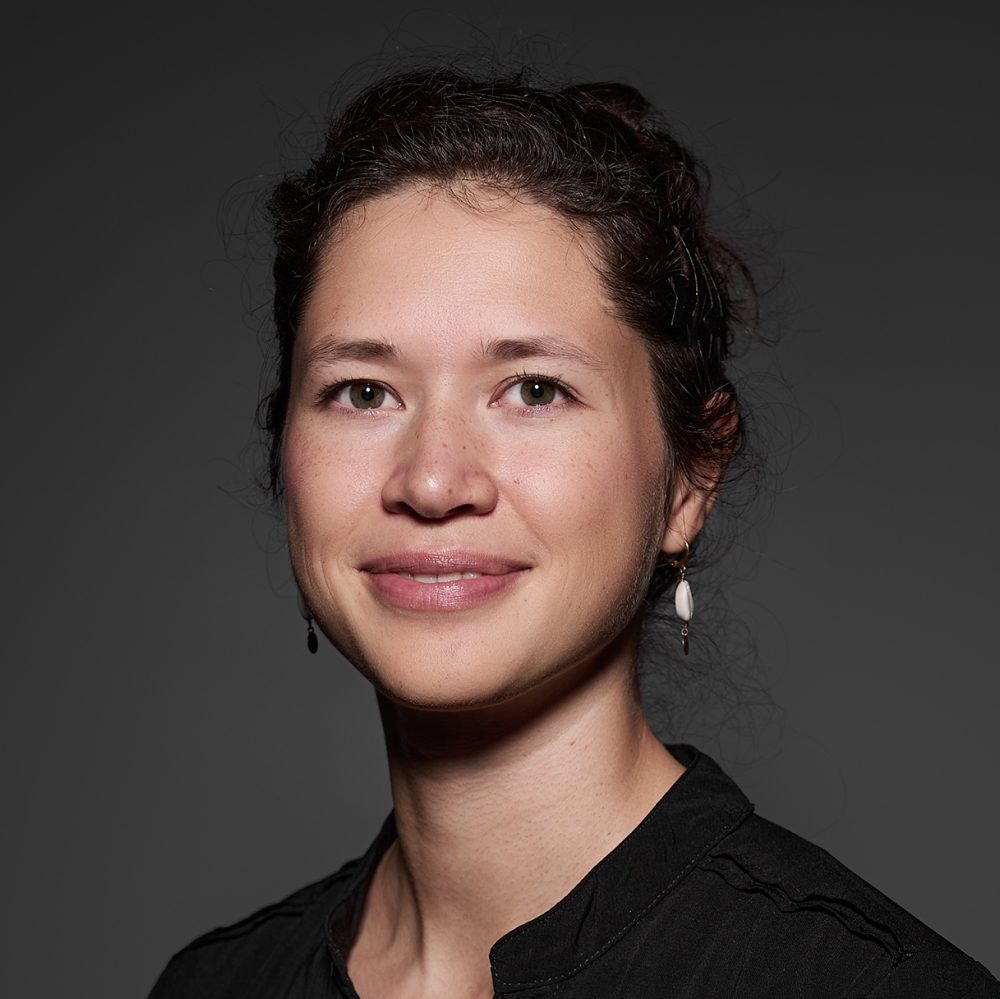Pharmacometrics education for all by overcoming language barriers to enhance global collaboration
Education for empowerment
This article addresses a critical barrier in global science: Language.
While English is the universal language of science, proficiency in the language varies significantly worldwide, creating significant hurdles for talented individuals in scientific fields, such as pharmacometrics, especially in geographic areas where English is neither the primary nor the secondary language. Neuroscience research confirms that learning in a native language reduces cognitive load and improves comprehension. This publication examines why bridging the language gap is crucial for advancing pharmacometrics globally.
The primary goal is to showcase the immediate benefits of offering pharmacometrics training in local languages. The paper highlights two successful French-led initiatives in Africa as a powerful educational model that not only facilitates learning complex topics in a familiar language but also progressively integrates the scientific English needed for a career in the field. The success of these initiatives serves as a beacon of hope, demonstrating the potential of local language training in overcoming the language barrier in science.
The initiatives — an in-person ‘French Pharmacometrics Summer School’ and a bilingual online course from PMX Africa — were met with overwhelming demand and positive feedback. This resounding success not only validates the effectiveness of the bilingual format but also reassures us of its potential to overcome the ‘double challenge’ non-native speakers face: simultaneously translating language and absorbing complex scientific concepts. The bilingual format proved remarkably effective, allowing students to learn in French while building confidence in English.
Authors
- Sonia Khier from University of Montpellier
- Anna Chan Kwong from Pharmetheus
- Maud Harnichard from University of Montpellier
- Sihem Ait-Oudhia from Merck
Why does this matter?
Training pharmacometricians in diverse regions is not just about overcoming language barriers. It’s about empowering local experts to conduct research relevant to their own populations, moving beyond the traditional focus on ‘WEIRD’ (Western, Educated, Industrialized, Rich, Democratic) societies. By building local capacity, we can enhance model-informed drug development, optimize therapies for national healthcare systems, and foster a more innovative and inclusive scientific community. This empowerment of local experts is not just inspiring, it’s crucial for improving global health outcomes for everyone.
